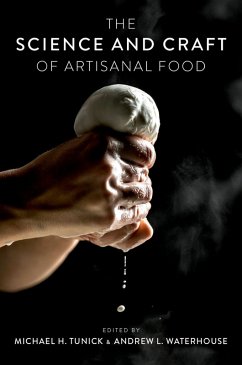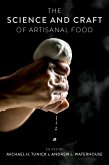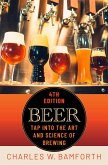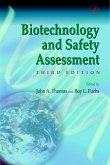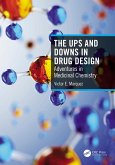You are what you eat, and today's consumers care about the origins of their food. Artisanal food embodies those concerns, tailoring processes to raw materials to achieve the artisan's vision of the perfect product.
The Science and Craft of Artisanal Food describes the science behind small and large-scale production of food, distinguishing artisanal production from normal commercial practice. Each chapter is written in a collaboration between scientists and artisans, comparing the production methods used to create beer, wine, chocolate, coffee, cheese, honey, olive oil, and fruits and vegetables. These expert contributors highlight the differences in practices that cause artisanal food to vary in composition, flavor, and texture from mass-produced food. Milk from particular breeds, grapes adapted to the local climate, olives and cacao from a historically important cultivar, or coffee beans from a specific climate can make all the difference. This book reveals the factors that make a difference in each product, and teaches readers how to assess the producer's messages to evaluate their authenticity.
Dieser Download kann aus rechtlichen Gründen nur mit Rechnungsadresse in A, B, BG, CY, CZ, D, DK, EW, E, FIN, F, GR, HR, H, IRL, I, LT, L, LR, M, NL, PL, P, R, S, SLO, SK ausgeliefert werden.

